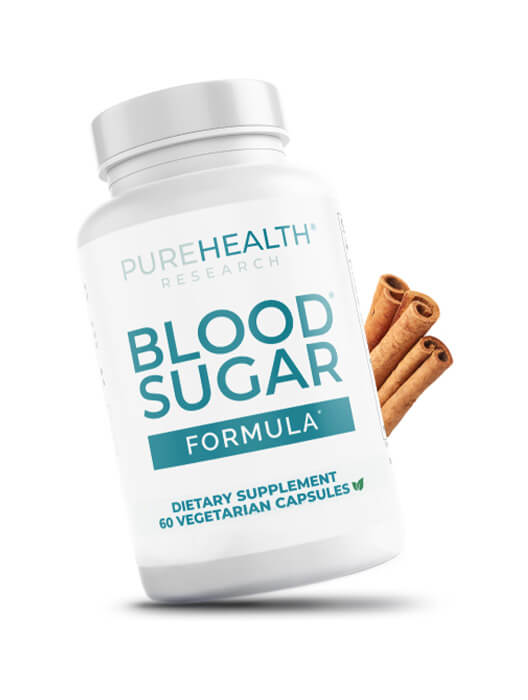Vitamin C
- Latin Name: Ascorbic Acid
- Common Name: Vitamin C
- Source: Naturally found in various fruits and vegetables or produced synthetically for supplements

What is Vitamin C?
Vitamin C is an essential nutrient that supports overall health, especially as we age. It acts as a powerful antioxidant, protecting cells, supporting immunity, and maintaining healthy skin. Since our bodies can’t produce or store vitamin C, we need to get it consistently from vitamin C fruits and foods or supplements.
Vitamin C Benefits
PureHealth Research Products with Vitamin C
Vitamin C Supplements Dosage
The daily recommended vitamin C intake varies based on age, gender, and specific health needs. For most adults, the daily recommended intake is:
Specific Group
Recommended Daily Intake (mg)
Women
75
Men
90
Smokers
+35
Note: Those who smoke may require an additional 35 mg daily, as smoking can increase the body’s need for Vitamin C.
Interaction with Other Ingredients
Vitamin C is a powerful antioxidant that helps your body absorb iron more effectively. When taken together, Vitamin C changes plant-based iron into a form that the body absorbs more easily. This combination can be especially helpful for supporting iron levels, as it boosts the absorption of non-heme iron, found in foods like vegetables, legumes, and grains.
Adding Vitamin C-rich foods - such as oranges, bell peppers, or strawberries - to meals with iron can maximize your body’s ability to use this essential mineral. This support for iron absorption can help maintain energy and overall health.
Vitamin C Food Sources
Vitamin C is naturally found in various fruits and vegetables, providing essential support for overall health. Some of the best sources of vitamin C include:
- Citrus Fruits (Oranges, lemons, grapefruits, and limes)
- Berries (Strawberries, raspberries, and blackberries)
- Vegetables (Bell peppers, broccoli, and leafy greens)
If you aren’t getting enough from food alone, supplements like vitamin C tablets, vitamin C powder, and vitamin C capsules can help ensure your body has what it needs each day.
Vitamin C Side Effects
Vitamin C is generally considered safe when taken in recommended amounts from food or supplements. However, consuming high doses of Vitamin C supplements may lead to side effects in some individuals. These side effects can include digestive issues like stomach cramps, nausea, and diarrhea.
In some cases, excessive intake of Vitamin C might increase the risk of kidney stones, especially for those with existing kidney conditions. High doses can also interfere with certain medical tests, potentially affecting the results.
What Fruit Has the Most Vitamin C?
The Kakadu plum, native to Australia, has the highest known concentration of vitamin C among fruits, containing up to 100 times more vitamin C than oranges.
How Much Vitamin C Does One Tangerine Have?
One medium tangerine contains approximately 23 milligrams of vitamin C, making it a good source of this essential nutrient. Including tangerines in your diet helps you meet the daily recommended vitamin C intake through natural fruits.
Are Beet Greens High in Vitamin C?
Yes, beet greens are high in vitamin C. They provide a substantial amount - about 30 to 50 milligrams per 100 grams - which contributes significantly to the daily recommended vitamin C intake when included in your diet.
Is Vitamin C the Same as Calcium?
Vitamin C and calcium are not the same. Vitamin C is a water-soluble vitamin important for immune function and antioxidant protection, while calcium is a mineral essential for bone health, muscle contraction, and nerve signaling.





